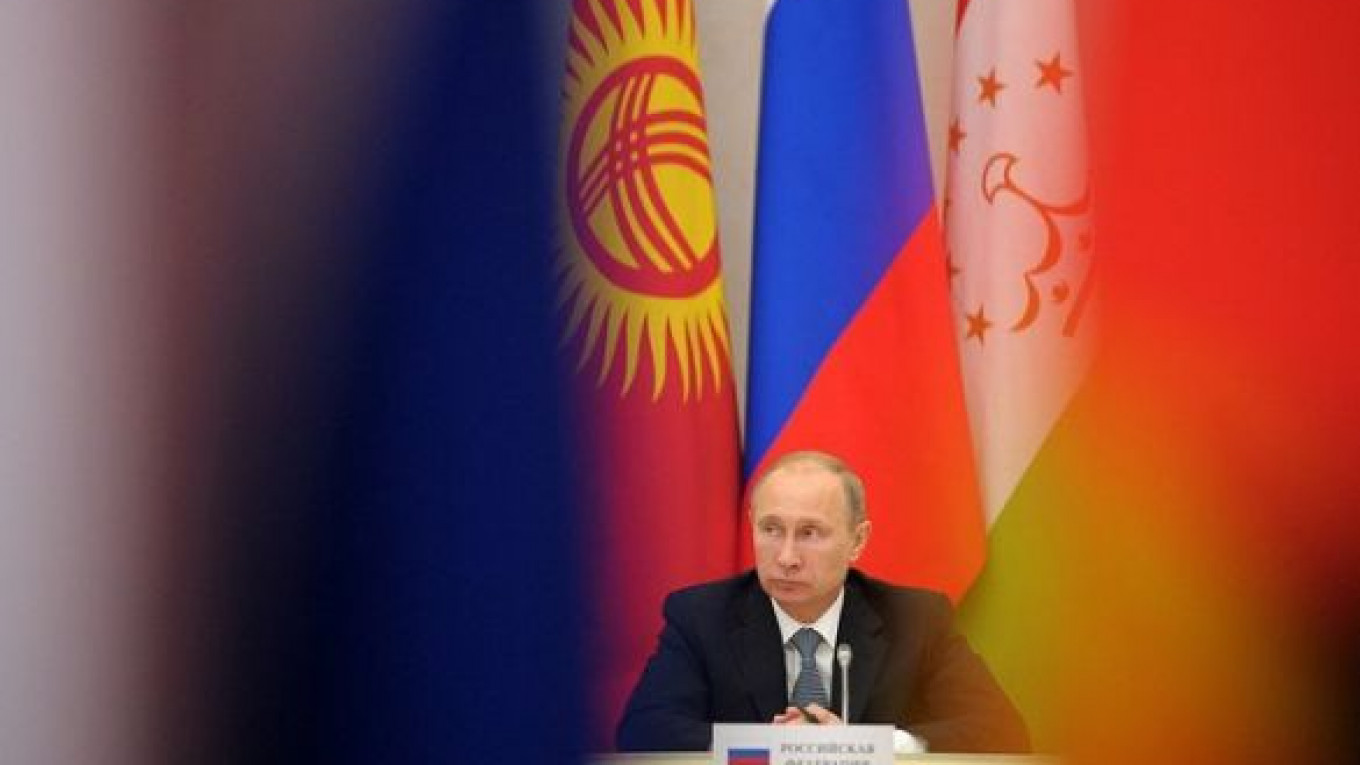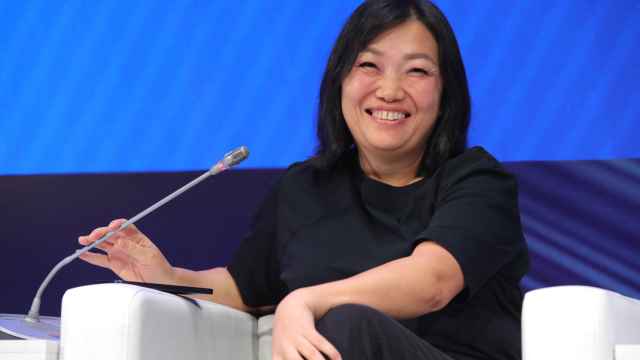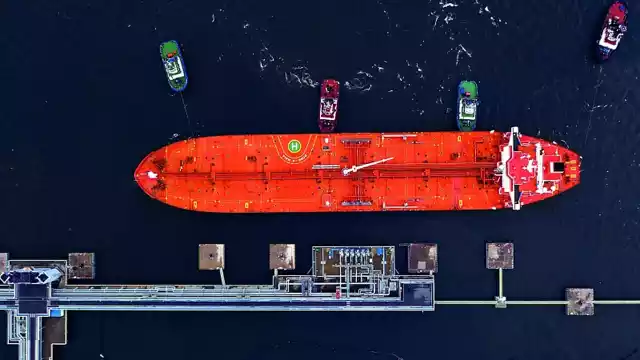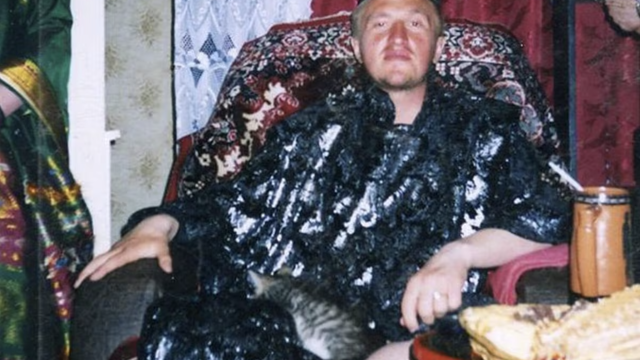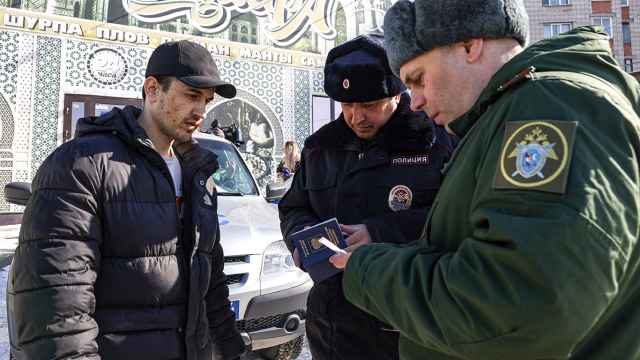Leaders of countries that make up the Collective Security Treaty Organization, or OSTO, met in Sochi on Monday to discuss current threats to their nations, expressing particular concern about next year's planned withdrawal of NATO troops from Afghanistan and potential fallout from the civil war in Syria.
President Vladimir Putin said the six member countries needed to "perfect the algorithms of practical actions" to minimize their risks.
"Improving the military capabilities of our countries, our military preparedness and the effectiveness of our collective forces will allow us to create a secure barrier against terrorist and extremist threats," Putin said at the meeting, attended by Kazakhstan's prime minister and the presidents of Armenia, Belarus, Kyrgyzstan, Russia and Tajikistan.
"This is especially vital in connection with the planned withdrawal of foreign troops from Afghanistan in 2014. We must not be caught off guard by any possible scenario in this country," Putin said.
Tajikistan shares a roughly 1,300-kilometer border with Afghanistan that acts as one of the main corridors for heroin making its way into Russia and neighboring countries.
Tajik President Emomali Rakhmon requested help with border security from fellow member states, saying the terrorist threat from its southern neighbor was also growing. Putin vowed that the CSTO would provide "additional collective assistance" to Tajikistan to secure its border, without specifying what form that assistance would take.
The Russia-led CSTO, which held a summit in May in Bishkek where Afghanistan also topped the agenda, has since its founding in 2002 fought an image of a toothless organization used by Russia to promote its own interests.
Putin said after Monday's meeting that the group's top priority remain border security and that military cooperation was also of vital importance. He announced that the group's annual joint maneuvers would take place next month in Chelyabinsk and said an anti-narcotics exercise called "Channel" was also planned.
Regarding the conflict in Syria, Russia's president said member states shared the position that only peaceful means must be used to solve the crisis and that "any outside military action would be a severe violation of international law."
Russia, one of the Syrian regime's strongest allies, has been a fierce opponent of foreign military intervention in the civil war, brokering a deal with the U.S. earlier this month to avoid a strike in reaction to the alleged use of chemical weapons by Syrian government forces.
Putin also reiterated Russian concerns that terrorists fighting in the conflict could spread violence outside Syria.
"The [militant] cells active in that country did not come out of nowhere and will not disappear," he said.
Contact the author at e.pfeifer@imedia.ru
A Message from The Moscow Times:
Dear readers,
We are facing unprecedented challenges. Russia's Prosecutor General's Office has designated The Moscow Times as an "undesirable" organization, criminalizing our work and putting our staff at risk of prosecution. This follows our earlier unjust labeling as a "foreign agent."
These actions are direct attempts to silence independent journalism in Russia. The authorities claim our work "discredits the decisions of the Russian leadership." We see things differently: we strive to provide accurate, unbiased reporting on Russia.
We, the journalists of The Moscow Times, refuse to be silenced. But to continue our work, we need your help.
Your support, no matter how small, makes a world of difference. If you can, please support us monthly starting from just $2. It's quick to set up, and every contribution makes a significant impact.
By supporting The Moscow Times, you're defending open, independent journalism in the face of repression. Thank you for standing with us.
Remind me later.


